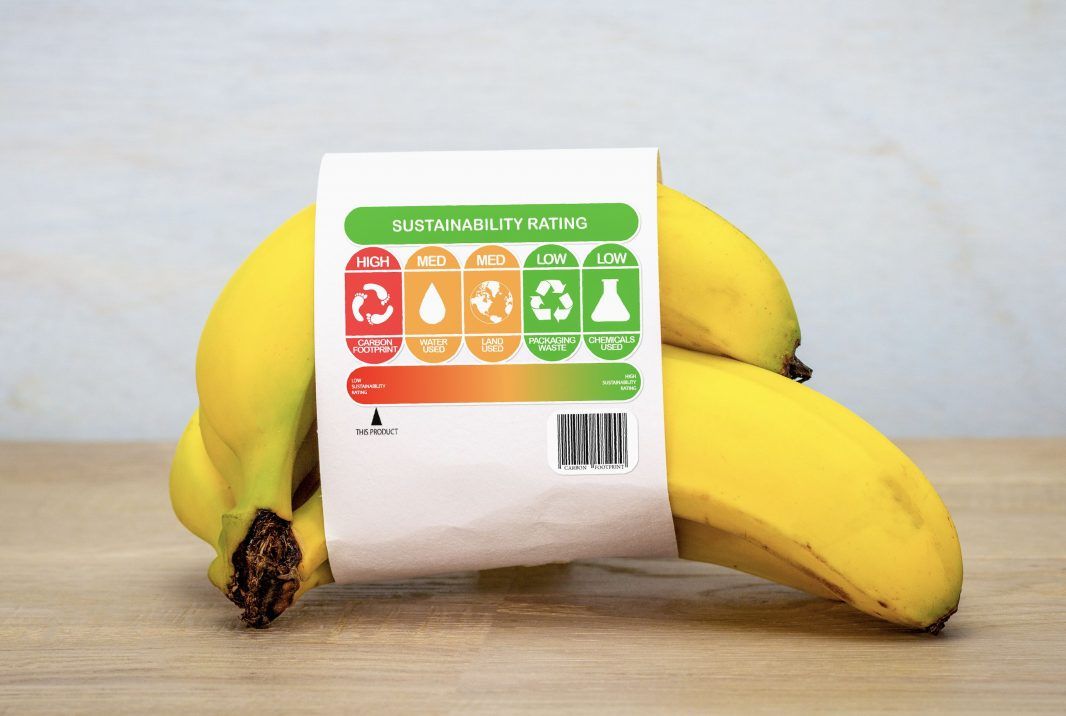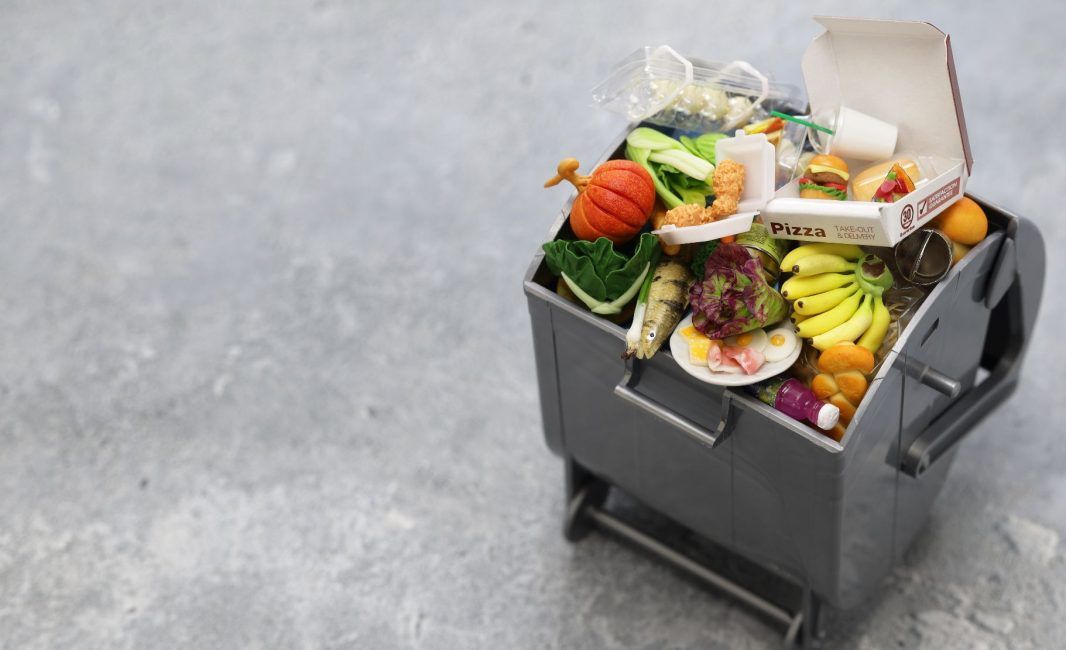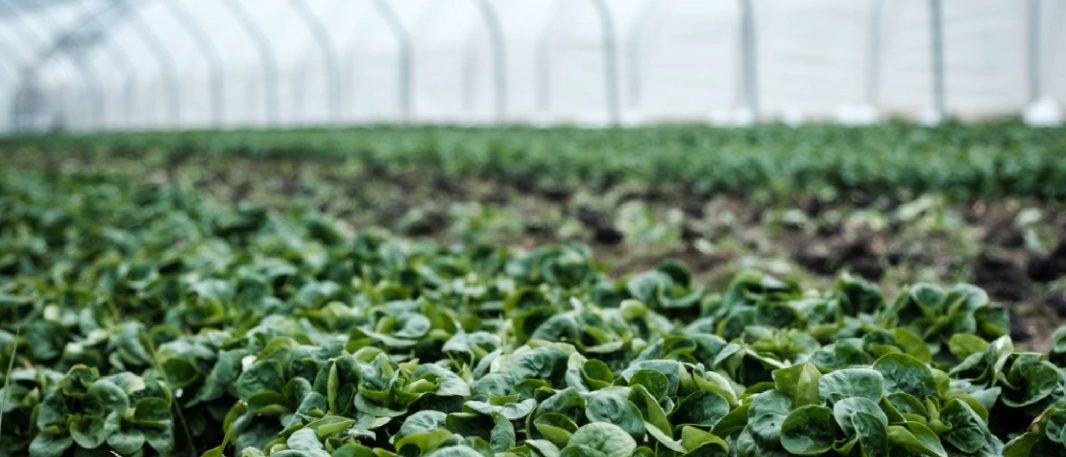A recent study has shown that the cost of living is increasing, and this is affecting consumer behaviour. Eight in ten consumers say their day-to-day cost of living has gone up, with over half (51%) saying they’re already buying fewer goods and services. This means that the cost of products and services is now the top consideration for shoppers.
So, how can food and beverage brands respond to this cost of living increase?
The energy crisis is hotting up
The cost of living and the impact of energy prices is set to rise significantly, with research from the University of Sheffield finding that families could be paying an extra £620 a year to heat their homes by 2030. The research also found that the poorest households would be hardest hit, with those in fuel poverty likely to spend a more significant proportion of their income on energy bills.
This is just one example of how the rising cost of living is impacting consumers and families. As the cost of products and services continues to increase, we will likely see a decrease in spending on non-essential items. This could have a significant impact on the economy overall, and we wanted to delve into the studies to see what could be ahead for consumers and businesses.
Consumers are more sensitive to price
This sounds incredibly obvious, but it’s worth laying out the latest research.
In a survey of 2,000 consumers in the UK, commissioned by New West End Company (NWEC) – which represents 600 retail, restaurant, hotel and property owners across Bond Street, Oxford Street, Regent Street and Mayfair, it seems there is a predicted change. The cost of products and services is now the top consideration for shoppers.
What is alarming is that according to the study, three-fifths (60%) more people are prioritising value for money over environmental impact. Compare this to a study in 2013, which found that four in ten people would be willing to pay more for products and services that had a low environmental impact. It seems that attitudes are changing, and the threat of an increased cost of living is having an impact on what consumers are valuing.
But this doesn’t mean that people are abandoning their green efforts. The same study revealed that the three most popular sustainable shopping behaviours are recycling clothing (41%), buying second-hand items (33%) and walking or taking public transport to the shops rather than driving (32%).
Food and Beverage businesses are also facing increased costs
The cost of food and drink is set to rise by as much as 20% over the next five years, according to the British Retail Consortium (BRC). This is due to a few factors, including the impact of Brexit, increased global demand and weather conditions.
Fuel prices are also on the rise, which will have a knock-on effect on the cost of food and drink. The price of petrol has risen by around 12% over the past year, and diesel prices have increased by even more. This is likely to continue, as oil prices are expected to increase in the coming months.
Delivery, lighting, heating and production are all likely to be affected, and businesses will need to find ways to offset these increases, and there are a few options available. One is to focus on sustainable and ethical sourcing, which can help to mitigate some of the cost pressures. Another option is to invest in technology that can help to reduce wastage and improve efficiency.
The impact on sustainability
There are a few potential impacts of the increase in the cost of living. First, it could lead to less spending on sustainable and green products. After all, people may be less willing to invest in green technologies at this time. (Talk about a catch-22!)
The ongoing cost of living effects could lead to increased pressure on businesses to lower their prices to stay competitive. This could have a knock-on effect on wages, as businesses attempt to offset the higher costs by reducing their labour expenses. And finally, if people are cutting back on spending, this could lead to less tax revenue for governments, which could impact public funding for sustainability initiatives.
In short, there’s a bit of a tricky problem at hand, and both businesses and consumers will be affected.
So, what does this all mean?
We wish we had a neat answer in a bow, but the rising cost of living is a complex issue, and it’s likely to have a significant impact on the economy in all areas. Businesses will need to find ways to offset the increased costs, and consumers will need to be mindful of their spending. The cost of products and services are now the top considerations for shoppers, as we have seen, and that will lead to changes in sourcing, supply and even delivery.
If we could venture into just one area that springs to mind for us as significant, it would be to double down on efforts to reduce food waste significantly.
While this sounds like a tiny thread in a very knotty issue, food waste is a big problem. It’s estimated that around one-third of all food produced is wasted, and this has a huge environmental impact – and it’s costing businesses billions of pounds every year. At a time when the cost is a huge consideration, even from the profit standpoint alone, it’s well worth considering technology that can help reduce wastage and improve efficiency.
At the same time, getting consumers to focus on the steps they can take to get value for money, and maximise their food spending is also imperative. This needs to be supported by businesses and the government.
Could Orderly help you?
The cost of living is a complex issue. While we can’t reduce the costs for all, we can help in our specialised area. If you’d like to investigate how Orderly can help and explore the possible ROI for you when you significantly reduce food waste, please speak to us today.







